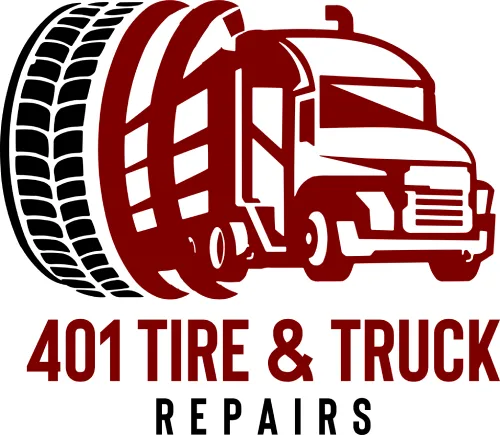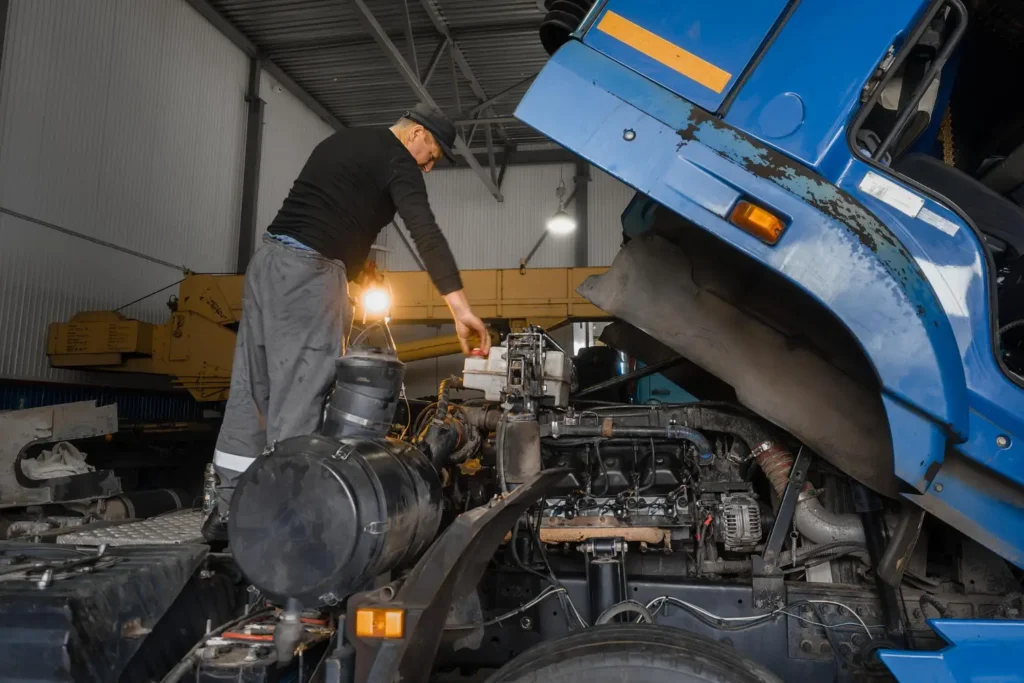Transmission replacements have long been a critical aspect of vehicle maintenance, ensuring trucks and cars stay reliable on the road. As technology evolves and the automotive landscape shifts, the future of this service is poised for exciting changes. For businesses like 401 Tire and Truck Repair, based in Spencerville, Canada, staying ahead of these trends means delivering top-notch solutions to customers while adapting to new demands. Let’s explore what’s on the horizon and how it could shape the way we approach transmission work.
Electric Vehicles and Transmission Evolution
The rise of electric vehicles (EVs) is transforming the automotive world, and transmissions are no exception. Unlike traditional gas-powered engines, EVs rely on single-speed gear systems or direct-drive setups, reducing the complexity of multi-gear transmissions. For a shop like 401 Tire and Truck Repair, this shift could mean fewer full replacements but a growing need for specialized knowledge in electric drivetrains. As more fleet operators in Spencerville and beyond adopt EVs, understanding these simpler yet unique systems will be key to staying relevant.
Predictive Maintenance Through Smart Tech
Imagine knowing a transmission is about to fail before it even shows symptoms. That’s where predictive maintenance comes in, powered by sensors and real-time data. Modern trucks are increasingly equipped with Internet of Things (IoT) devices that monitor performance, flagging issues like unusual wear or fluid degradation. For a service provider in Spencerville, Canada, adopting diagnostic tools that tap into this tech could streamline operations. It means catching problems early, reducing downtime for customers, and offering proactive replacement options when needed.
Sustainable Solutions in Transmission Work
Sustainability is no longer just a buzzword—it’s a priority for many drivers and businesses. The future of transmission replacements will likely lean toward eco-friendly practices, such as refurbishing existing units instead of discarding them. At 401 Tire and Truck Repair, offering rebuilt transmissions could appeal to environmentally conscious clients while cutting costs. Recycling old parts and using synthetic fluids that last longer also align with this trend, making services more efficient and planet-friendly.
Automation and AI-Powered Repairs
Artificial intelligence (AI) and robotics are stepping into the repair shop, and transmission work could benefit greatly. Picture automated systems pinpointing exact faults or even assisting with the replacement process. For a team in Spencerville, Canada, integrating AI-driven diagnostics could speed up service times and boost accuracy. While human expertise remains essential, these tools might handle repetitive tasks, letting technicians focus on complex challenges unique to each vehicle.
The Push for Durability and Upgrades
As manufacturers design transmissions to handle heavier loads and tougher conditions, replacements might shift toward upgrading rather than just swapping out parts. Customers visiting 401 Tire and Truck Repair could soon ask for enhanced units that improve fuel efficiency or towing power. This trend reflects a broader move in the industry: building components that last longer and perform better, reducing the frequency of replacements over time.
The future of transmission replacements isn’t just about fixing what’s broken—it’s about anticipating change and embracing new possibilities. Whether it’s through cutting-edge tech or greener methods, businesses like 401 Tire and Truck Repair in Spencerville, Canada, are well-positioned to lead the charge. As these trends unfold, they’ll redefine how we keep vehicles moving, mile after mile.

